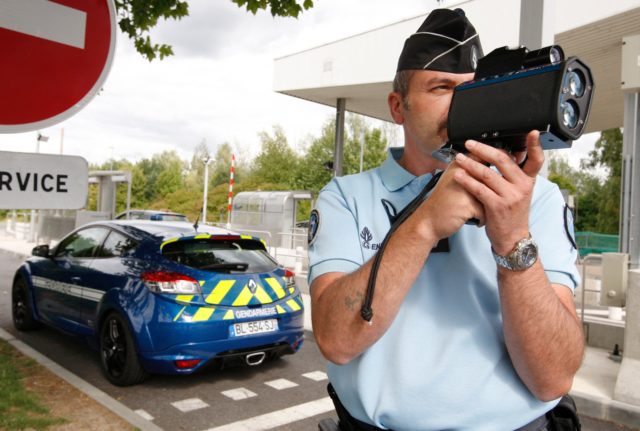The Italian antitrust authority (Autorità Garante della Concorrenza e del Mercato) said it had imposed the fines on Avis Budget Italia, Hertz Italiana, Centauro Rent a Car Italy, Green Motion Italia, Noleggiare and Drivalia Leasys Rent.
The authority said it had fined the companies for including clauses in rental contracts which allowed them to impose “unjustified” fees on customers, state broadcaster Rai reported.
It’s not unusual for anyone who has driven a rental car in Italy to receive a letter in the mail many months later informing them of a traffic violation or parking fine.
READ ALSO: How to pay Italian traffic fines from abroad
Rental companies are obliged to pass on an international driver’s contact details to police in order to allow police to issue that driver with the fine directly.
But some drivers report wrongly believing that the rental company has paid the fine on their behalf and passed on the cost, as many charge a “handling fee” averaging 40 to 60 euros to pass on their details – which is often higher that the amount of the fine itself.
Such handling charges were not justifiable, the antitrust authority said, regardless of the wording of the contract.
READ ALSO: How to avoid car hire scams in Italy
As well as being fined, the companies were ordered to remove these clauses from contract forms, the authority said, “because they can cause a significant imbalance in the rights and obligations of consumers”.
Unexpected fees and charges are a common complaint among drivers who hire cars in Italy, with some also reporting being unfairly charged by rental companies for damages and items supposedly missing from the vehicle.


 Please whitelist us to continue reading.
Please whitelist us to continue reading.
About time! We were once charged an extortionate amount for cleaning a little olive sap from a car bonnet! They wouldn’t allow us to clean it.
Watch out for the “broken lock” scam as well. A friend hired a car from Avis in Rome and received a bill saying that that the door lock was broken. It wasn’t, but who uses the key to open the door anyway? My bad Avis Rome experience was being aggressively pressured into accepting a smaller car than the class I had booked.
I’m a bit confused. Does that mean it is now illegal for any car rental firm to charge a processing fee for any fines issued? Does that mean all contracts need to be changed?